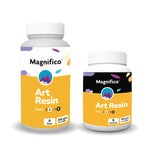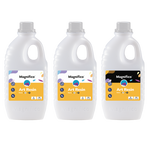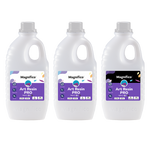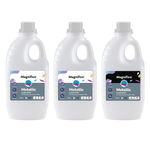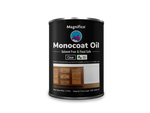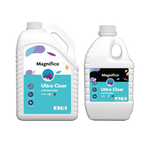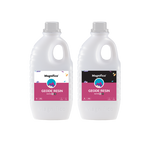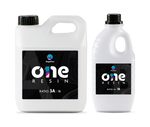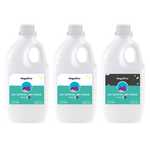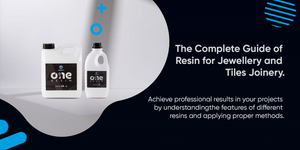Overview :
Resin has transformed the arts and crafts sector by offering numerous chances for making flawless tile joinery and complex jewellery products. Understanding the various kinds of resin that are available, its uses, and suggested steps are essential whether you're a jewellery maker or a tile expert. Everything that you require about resin for jewellery and tile joinery is offered in this detailed guide.
Resin Different kinds Used in Jewellery:
Resin Epoxy: Epoxy resin is commonly utilised for castings and anchoring in jewellery because of its excellent compliance and crystal-clear finish. It allows attention to detail and provides amazing results if coloured or arranged.
UV Resin: UV resin is ideal for complex jewellery designs that require brief setting intervals because it sets swiftly with UV light. In contrast to other resins, it has less tendency to become yellow over time, making it an excellent choice for wearable art.
Polyester Resin: Used for larger jewellery things or projects needing quick production, polyester resin offers an efficient curing period and is commonly accessible. Since polyester resin produces a strong smell, it's essential to keep in mind that it may require sufficient airflow during curing.
Resin Types Used in Tile Joinery
Epoxy grout on flooring: Epoxy tile grout is a more durable replacement for regular grout which offers improved stain resistance and stability. It's ideal for humid areas like bathrooms and kitchens which receive a lot of physical activity.
Epoxy Resin adhesive: It produces a strong, sealed connection when used to connect and attach tiles. With an even surface, it assures tiles stay firmly in place while boosting their overall looks.
Steps to work with Resin:
For Jewellery
- Preparation: Setting up the production space, products, and mouldings. Check that the moulds are dry and clean.
- Mixing: Regarding the resin and hardener ratio, follow the manufacturer's instructions. With a small number of bubbles, mix gently.
- Putting: Refill moulds with resin, design if chosen, and cure in the specified way.
For Tile Joinery
- Floor Setting up: Provide tiles a full cleaning and curing. Verify that there is no dust or dirt on any of the surfaces.
- Mixing: Read the manufacturer's guidelines for mixing epoxy grout or adhesive.
- Application: Apply resin as grout or distribute it between tiles. To ensure a consistent and smooth finish use tools.
- Curing: Leave resin a chance to completely cure before introducing it to moisture or serious consumption.
Here you can check All in One Product:
https://magnificoresins.com/products/one-resin
Conclusion:
Resin offers reliable, versatile options to both artisans and self-employed individuals, offering up a world of creativity and application in the jewellery-making and tile joinery sectors. You can create lasting seamless tile surfaces and magnificent jewellery pieces by choosing the right resin and practising application techniques.



